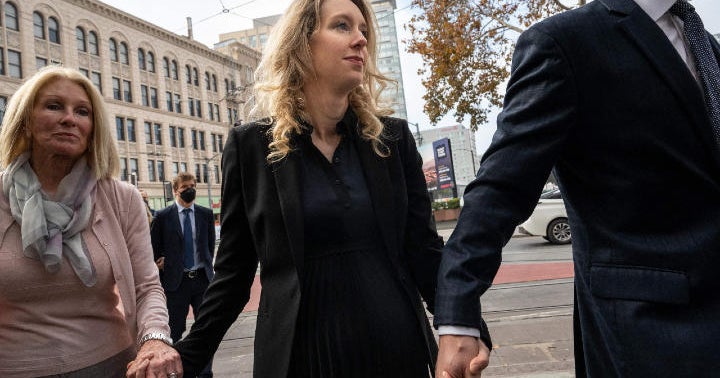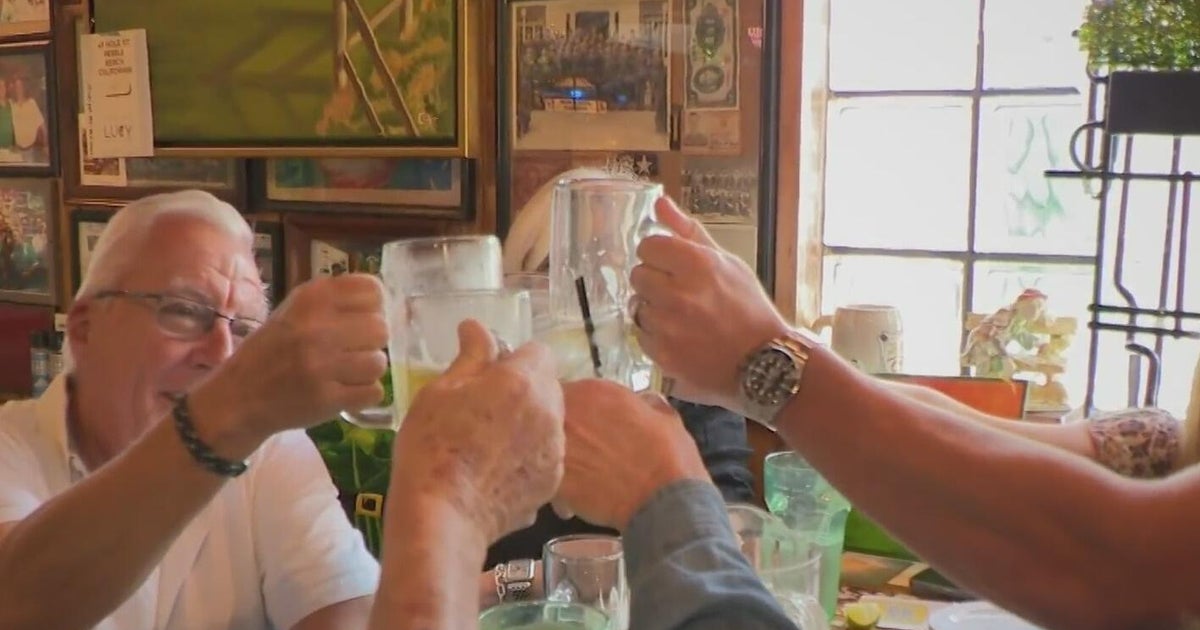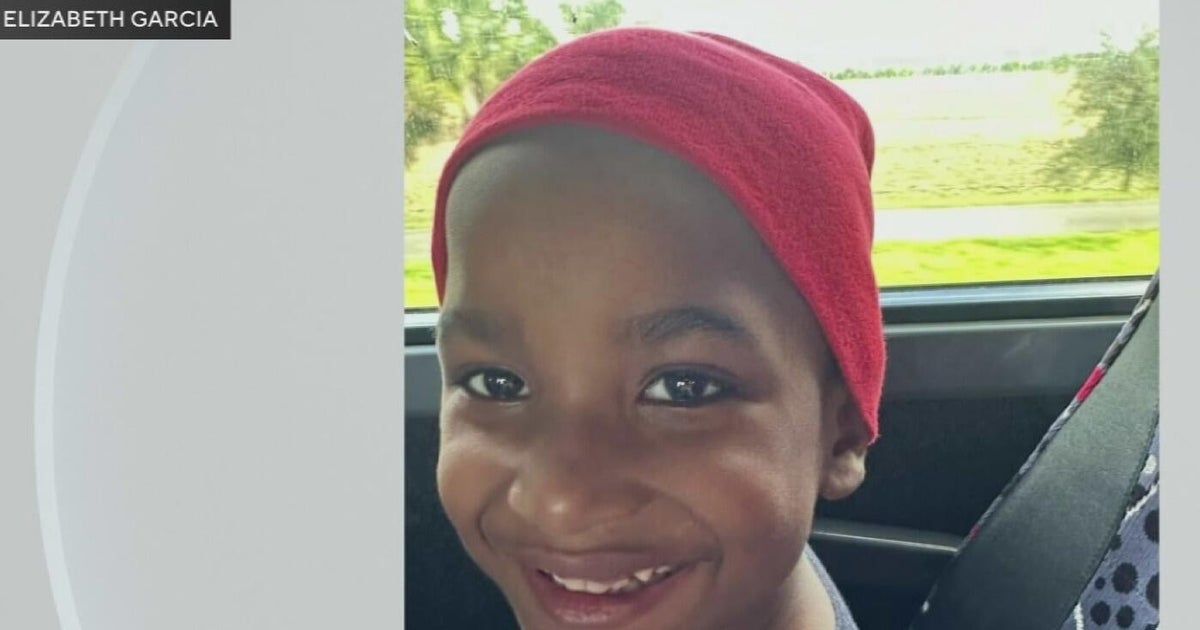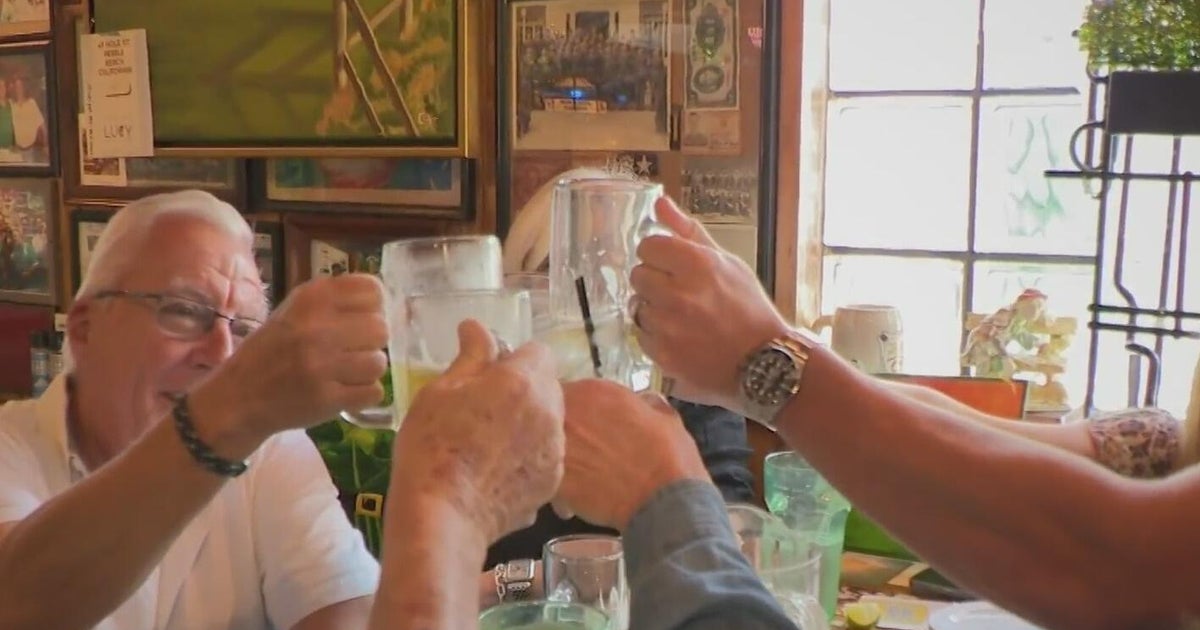SAN JOSE — Disgraced Theranos CEO Elizabeth Holmes was sentenced to more than 11 years in federal prison Friday in a highly publicized fraud case that spawned movies, a bestselling book and rocked the freewheeling “fake it, until you make it” world of Silicon Valley startups.
In a dramatic moment, an emotional Holmes, tears streaming down her face, spoke to the court during the sentencing statements.
“I am devastated by my failings,” she told the court. “I have felt deep pain for what people went through because I failed them.”
U.S. District Judge Edward Davila heard more than four hours of courtroom debate, listened to Holmes and other victim impact statements, and reviewed dozens of filings in determining the sentencing.
“This case is so troubling on so many levels,” Davila said. “What was it that caused Ms. Holmes to make the decisions she did? Was there a loss of a moral compass?”
“Failure is normal,” he added. “Failure by fraud is not ok.”
The judge ruled the sentencing guideline in the case was 135 to 168 months after the morning of courtroom debate. In the end, he ruled Holmes needed to be incarcerated for 11.25 years and not just placed under home detention as the defense team asked for. Holmes was convicted back in January of this year.
Among those also giving statements was Alex Shultz, the son of Theranos board member and former U.S. Secretary of State George Shultz. Alex Shultz’s son, Tyler, worked for Theranos and ultimately became a whistleblower when he discovered the tests didn’t work. When he raised concerns, he was allegedly threatened by the company.
“My son slept with a knife, because he was afraid of being killed,” Shultz told the court as he glared at Holmes as she sat at the defense table.
Shultz also said Holmes had “desecrated his family.”
Davila ruled that Holmes never accepted responsibility for her crimes heading into the sentencing — “She maintains that she did nothing wrong.”
Additionally, Davila ruled the loss to investors was in the range of $121 million, not the $804 million the federal prosecutors claimed, with money raised from a list of sophisticated investors including software magnate Larry Ellison, media mogul Rupert Murdoch, and the Walton family behind Walmart.
The judge said he will set a later date to determine what Holmes owes in a fine.
Davila ordered Holmes to surrender to federal custody on April 27, 2023, apparently taking into account the fact that Holmes is pregnant with her second child. After giving birth to a son shortly before her trial started last year, Holmes became pregnant at some point while free on bail this year.
The former Silicon Valley tech mogul arrived at the sentencing hearing surrounded by a horde of reporters and media cameras. She was holding hands with partner Billy Evans with her parents close by. Holmes was stoic and did not respond to reporters’ questions.
More than 140 letters were submitted to Davila in support of Holmes. They ran the spectrum from family and friends to U.S. Senator Cory Booker, a police sergeant, a fire captain, a restaurateur, technology company executives and former Theranos employees and board directors.
A group of Holmes supporters also greeted her at the courthouse.
Davila considered sentencing recommendations that spanned from 15 years of imprisonment by federal prosecutors to 18 months home confinement from Holmes’ defense team. Meanwhile, a probation report also submitted to Davila recommended a nine-year prison sentence for Holmes.
Theranos had promised to deliver revolutionary technology that could scan for hundreds of diseases and other ailments with just a few drops of blood. But it never worked.
Holmes’ sentencing came in the same San Jose courtroom where she was convicted on four counts of investor fraud and conspiracy in January marks a climactic moment in a saga that has been dissected in an HBO documentary and an award-winning Hulu TV series about her meteoric rise and mortifying downfall.
While wooing investors, Holmes leveraged a high-powered Theranos board that included two U.S. Secretaries of State, Shultz and Henry Kissinger, as well as former U.S. Defense Secretary James Mattis, who testified against her during her trial.
Duncan Levin, a former federal prosecutor who is now a defense attorney, predicted that Davila’s sentencing decision won’t be swayed by the pregnancy, but expects the judge to allow her to remain free until after the baby is born.
“She will be no more of a flight risk after she is sentenced than she was while awaiting sentencing,” Levin said. “We have to temper our sentences with some measure of humanity.”
The pregnancy makes it more likely Davila will be criticized no matter what sentence he imposes, predicted Amanda Kramer, another former federal prosecutor.
“There is a pretty healthy debate about what kind of sentence is needed to effect general deterrence to send a message to others who are thinking of crossing that line from sharp salesmanship into material misrepresentation,” Kramer said.
Federal prosecutor Robert Leach emphatically declared Holmes deserves a severe punishment for engineering a scam that he described as one of the most egregious white-collar crimes ever committed in Silicon Valley.
In a scathing 46-page memo, Leach told the judge he has an opportunity to send a message that curbs the hubris and hyperbole unleashed by the tech boom of the past decade.
Holmes “preyed on hopes of her investors that a young, dynamic entrepreneur had changed healthcare,” Leach wrote. “And through her deceit, she attained spectacular fame, adoration, and billions of dollars of wealth.”
Even though Holmes was acquitted by a jury on four counts of fraud and conspiracy tied to patients who took Theranos blood tests, Leach also asked Davila to factor in the health threats posed by Holmes’ conduct.



